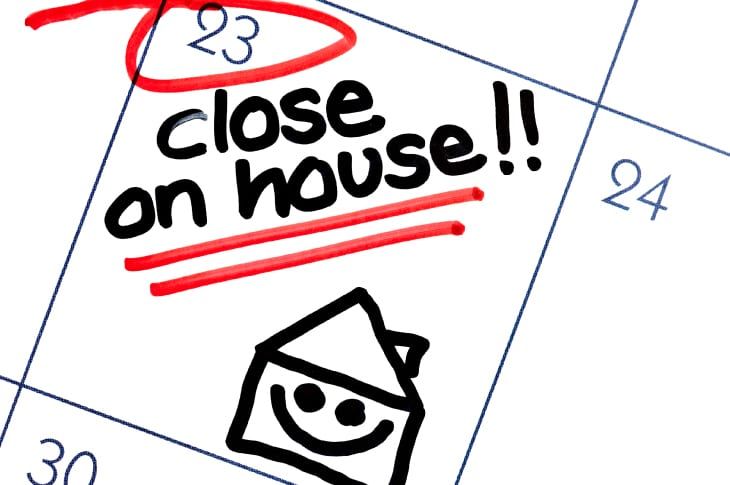Gabbi knew that real estate was the right career from the start. She is now dual licensed in both Kentucky and Ohio. She had her first sale within a month of getting licensed and hit her first million in volume within her first 6 months. She will have her real estate license for the rest of her life. Call her anytime if you have questions about becoming a real estate agent. She loves to share her passion for real estate with others!
What You Should know Before Closing
As a buyer, preparing for closing can be intimidating. There are a lot of different documents to keep track of and a lot of paperwork to sign. A way to stay ahead of the game is to know what you are reading so that you can make sure that everything is happening exactly the way you planned.
As a young real estate agent, you should also be aware of all the big financial statements that are involved in a typical transaction. As an agent, you will be sent the settlement statement a head of time so that you can review and approve the document before closing. You should be prepared to go over this document with your clients and answer any questions they may have.

What is a HUD-1 Settlement Statement? It’s a document that outlines the details of the transaction between the buyer and seller. It contains the sale price, applicable taxes and assessments, deposits, and commission fees paid to mortgage brokers and the real estate agents involved in the transaction. It also shows any escrow funds or transfer fees paid. The buyer and seller should carefully read the HUD-1 to ensure there are no mistakes or omissions.
As an agent, you need to be looking out for the correct commission as well as the correct brokerage fee paid by either the buyer/or seller (depending on who you represented in the transaction.) If your broker has a brokerage fee and that was not communicated with the closing company then it will not be on the settlement statement. Usually, if they are unaware of it or miss it by mistake, and you don’t catch it in time before closing your broker is permitted to take that fee out of your commission check. Make sure that everything is accounted for before you go into the closing. If your commission cut is unusual or you are taking a flat fee versus a percentage, then double check that all of this is correctly inputted in the settlement statement before closing.
The HUD-1 is a legal document, but it's easy to understand once you know what to look for. The first page shows the parties involved and details of the closing and the mortgage loan. The next page lists the costs of the buyer, which includes the loan that is financing the property being purchased. The reverse side of the document features two columns. The left column contains the charges of the seller, while the right column contains those charged to the borrower. The Dodd-Frank Wall Street Reform and Consumer Protection Act of 2010 requires mortgage lenders to provide this form for all new home purchases. Lastly, the HUD-1 also shows the total proceeds of the sale. The Hud-1 Settlement Statement is a complex document and is often misunderstood at first glance. The most important part of the document is to know what the HUD-1 means.
Having a good understanding of this contract is going to ensure that the closing goes smoothing and helps your client feel at ease before they start signing a million documents. Be sure to check back to the
Career Corner for more great tips on how to be a fantastic real estate agent.
About the Author
Recent Posts
Let's Stay Connected
Follow us on and become part of the PREC community
Never miss a tweet by connecting with us on Twitter
Check our our posts about trends in real estate industry and market







